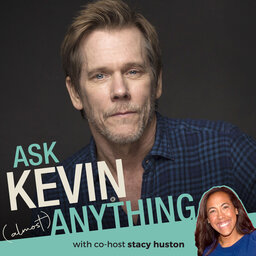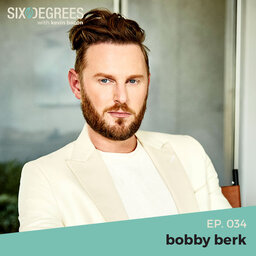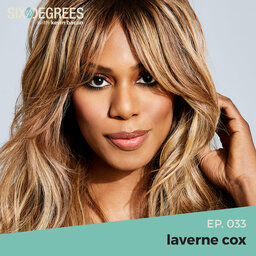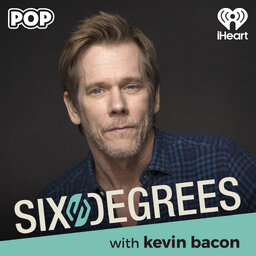Learning To Fail With Bear Grylls & BecomingX
Bear Grylls, the ardent explorer, joins Kevin via iPhone from an island somewhere off the coast of Wales. In this story-filled episode, Kevin shares the most adventurous thing he has ever done, his recent frequent interactions with bears (the animal) and the delicacy of "haggis" vs "scrapple". The two discuss the spirit of adventure, how one becomes a survivalist, and the importance of teaching kids how to fail. They are joined by Paul Gurney who shares why they started BecomingX and the importance of giving people the tools they need to be the best version of themselves.
To learn more and get involved with the BecomingX Foundation, head to BecomingXFoundation.org. To support more initiatives like this program, text 'BACON' to 707070 or head to SixDegrees.Org to learn more.
In 1 playlist(s)
Six Degrees with Kevin Bacon
A singular star, everyone ( and we mean everyone! ) is connected to ...KEVIN BACON. He has starred…Social links
Follow podcast
Recent clips

Ask Kevin (Almost) Anything - Total Eclipse, Earth Day, and The Game That Started It All
45:03

Stand Up To Cancer with Bobby Berk
45:25

Changing The Cultural Context with Laverne Cox & ACLU
43:18
 Six Degrees with Kevin Bacon
Six Degrees with Kevin Bacon